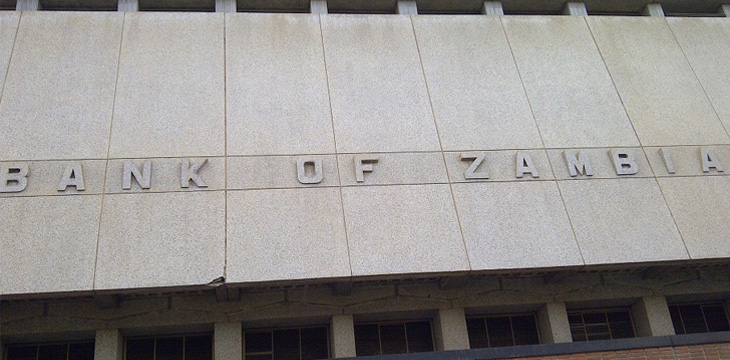Zambia’s central bank has increased its benchmark interest rate to 8.5% from 8%, marking the first such raise since November 2019.
In explaining the move, Governor Christopher Mvunga told reporters that the increase will bring down “spiraling” inflation that is at a five-year high and prop up the economy. It came after two days of complex deliberations.
The central bank stands ready to tighten policy further with inflation seen moving further from the bank’s 6% to 8% target range over the next two years, he said.
“We can’t let inflation run away; neither can we stifle economic growth,” Mvunga said. “We had to get into the middle of the road of saying ‘how do we have some form of control on both sides without necessarily destroying the economy.’”
Zambia has also scaled back, postponed or cancelled projects to reduce its debt exposure as the government holds talks with the International Monetary Fund (IMF) to secure a funding program before August’s elections.
The copper producing nation became Africa’s first pandemic-era sovereign default in October, and it began discussion with the IMF last week for debt relief under a new common framework from the Group of 20 (G20) major economies.
“Our understanding is that actions are being taken to scale down and reduce the debt exposure of the country, if not stop it for now,” Mvunga told journalists, adding that discussions with the IMF had been “cordial”.
“If I look at the disclosure of the debt portfolio, it’s not moving upwards other than probably existing disbursements. So my reading of that is that the matter is being addressed,” he said.
Investors say Wednesday’s move indicates the central bank is serious about tackling inflation that accelerated to 21.5% in January, and supporting the currency – kwacha – after it weakened 32% against the dollar in the past 12 months.
A lag in the effects of currency depreciation and sustained high fiscal deficits will still put pressure on inflation, Mvunga said.
“Narrowing the fiscal deficit by ramping up revenue while rationalizing expenditure and restructuring government debt remain critical to restoring fiscal and macroeconomic stability,” he said. “Securing external support will be central to this effort.”
Zambia becomes the second country in the world, after neighboring Mozambique, to raise its benchmark rate.

